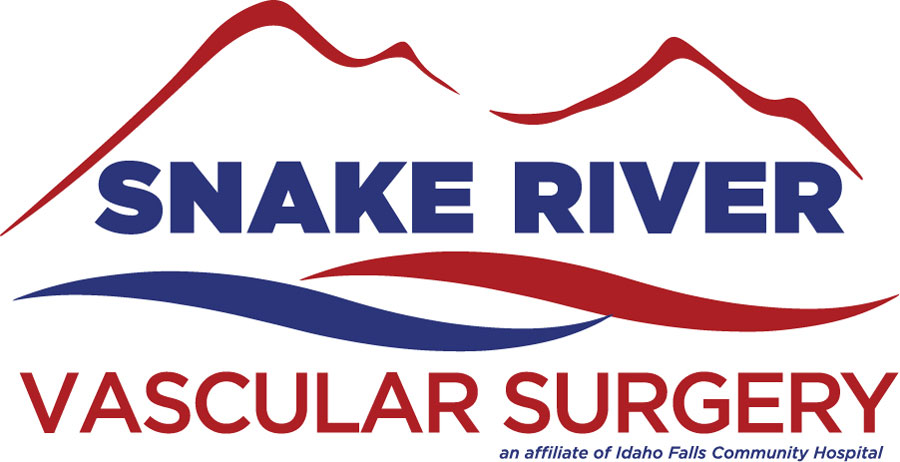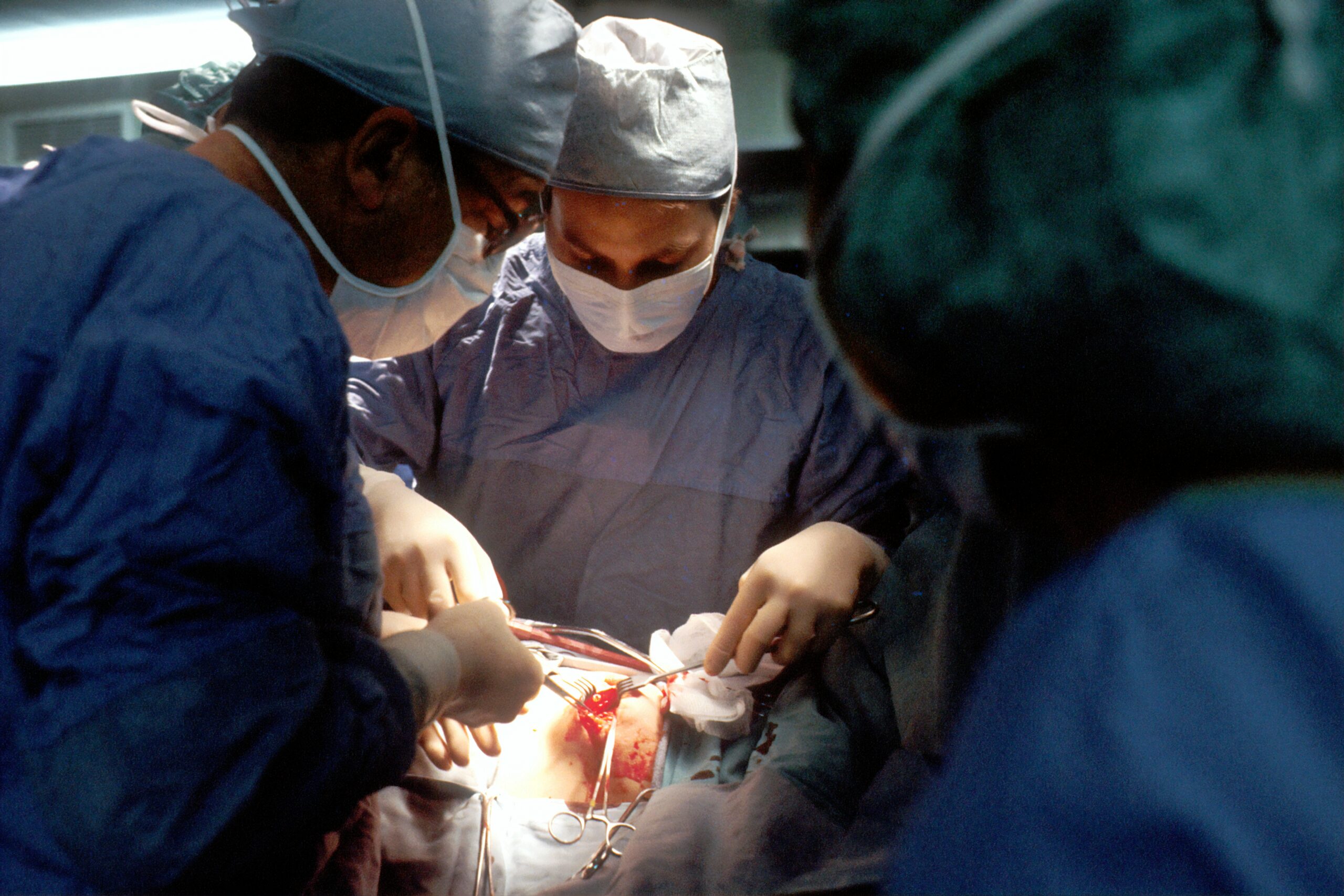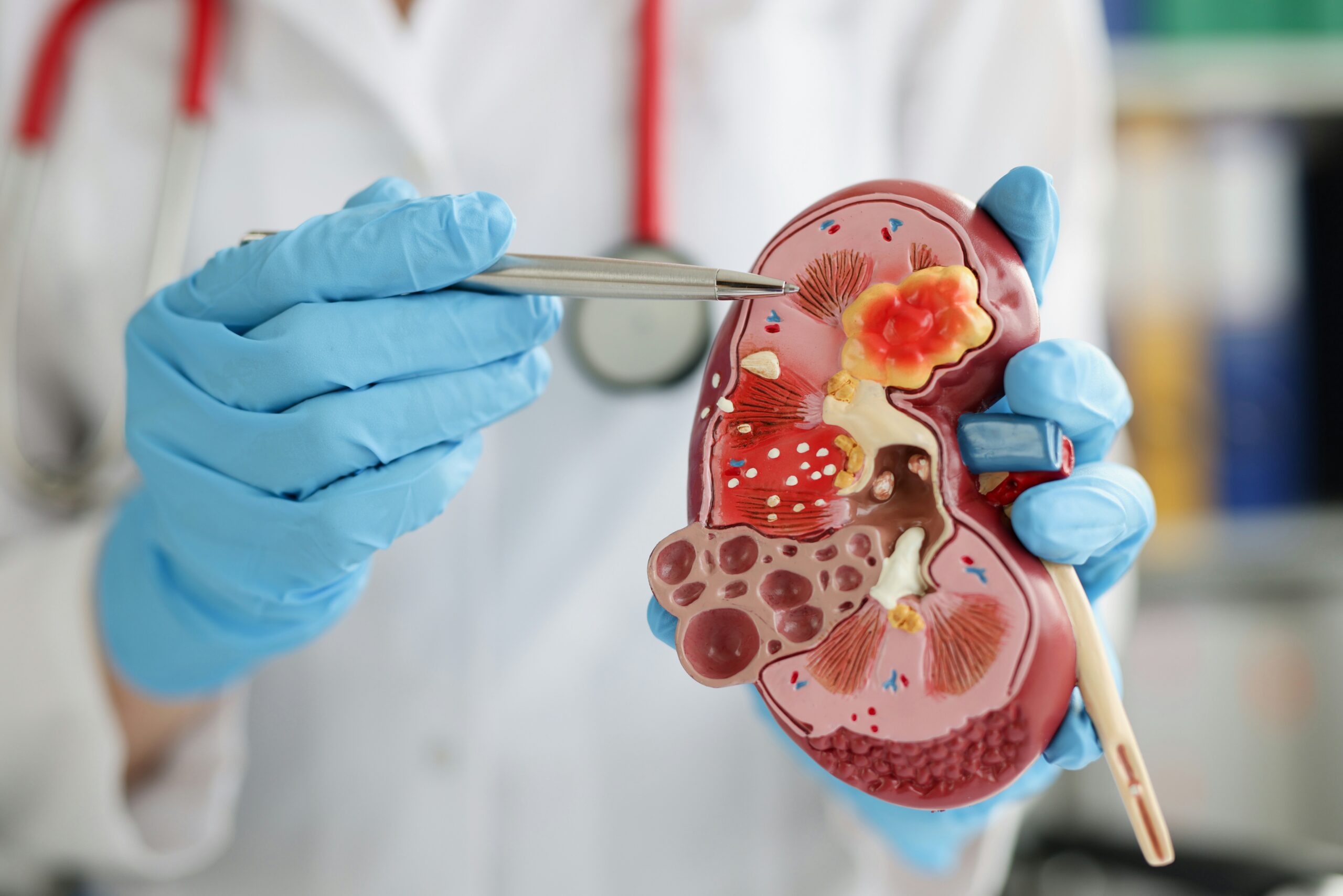The human body is an amazing machine that works wonders throughout our lives but doesn’t always work perfectly. Throughout life, there are things that can cause us problems or may choose not to work perfectly. When it comes to your health, it can be frustrating when things are not working as they should and may cause problems for you. For some, this means that you will have to make adjustments in your life and live with the body that you were given. At Snake River Vascular Surgery, we know that adjusting to life changes and a diagnosis can be frustrating and you may feel lonely and discouraged. Our team of professionals wants to guide you through the process and help you to feel the best that you can! We are committed to your health and want to do what is best for you!
What is Renal Failure?
Renal failure is also known as kidney failure. It is a condition in which the kidneys are unable to adequately perform their essential functions. Your kidneys play a crucial role in filtering waste products, excess fluids, and toxins from the bloodstream, maintaining electrolyte balance, and regulating blood pressure. When renal failure occurs, these functions are impaired or completely disrupted. There are two main types of renal failure.
Acute Renal Failure
Acute renal failure occurs suddenly and is often reversible with prompt treatment. It is usually caused by a sudden reduction in blood flow to the kidneys, damage to the kidney tissue, or obstruction in the urinary tract. Common causes include severe dehydration, kidney infection, certain medications, blood loss, or kidney injury.
Chronic Renal Failure
Chronic renal failure is a long-term, progressive condition characterized by the gradual and irreversible loss of kidney function over months or years. It is often caused by underlying conditions such as diabetes, high blood pressure, glomerulonephritis, polycystic kidney disease, or recurrent kidney infections. Chronic renal failure may eventually lead to end-stage renal disease, requiring dialysis or kidney transplantation for survival.
Symptoms of Renal Failure
Depending on the severity of and the cause of the underlying condition, your symptoms may vary. Here are some common symptoms that are associated with renal failure:
- Decreased Urine Output: One of the early signs of renal failure is a decrease in urine production. You may notice a reduced frequency of urination, lower urine volume, or even complete cessation of urine output.
- Fluid Retention and Swelling: When the kidneys fail to remove excess fluid and waste products from the body, fluid can accumulate, leading to swelling in the legs, ankles, feet, and sometimes the face.
- Fatigue and Weakness: Renal failure can cause a buildup of toxins and waste products in the body, leading to fatigue, general weakness, and a lack of energy.
- Shortness of Breath: Fluid retention in the lungs can cause difficulty breathing, shortness of breath, and a feeling of chest congestion.
- Changes in Urination: In addition to decreased urine output, other changes in urination may occur. This can include increased frequency, especially during the night, foamy urine, or dark-colored urine.
- Nausea and Vomiting: Accumulation of toxins in the bloodstream can lead to feelings of nausea, vomiting, and a loss of appetite.
- Loss of Appetite and Weight Loss: Many individuals with renal failure experience a decreased appetite, leading to unintentional weight loss.
- Itching and Skin Rashes: Kidney failure can cause an accumulation of waste products in the blood, leading to persistent itching and dry skin. Skin rashes and changes in skin color may also occur.
- Muscle Cramps and Weakness: Electrolyte imbalances, such as low levels of calcium, potassium, or magnesium, can result in muscle cramps, muscle weakness, and even muscle twitching.
If you experience any of these symptoms or have concerns about your kidney health, come see us at Snake River Vascular Surgery. We want to address your concerns and guide you in the right direction in regard to your health.



